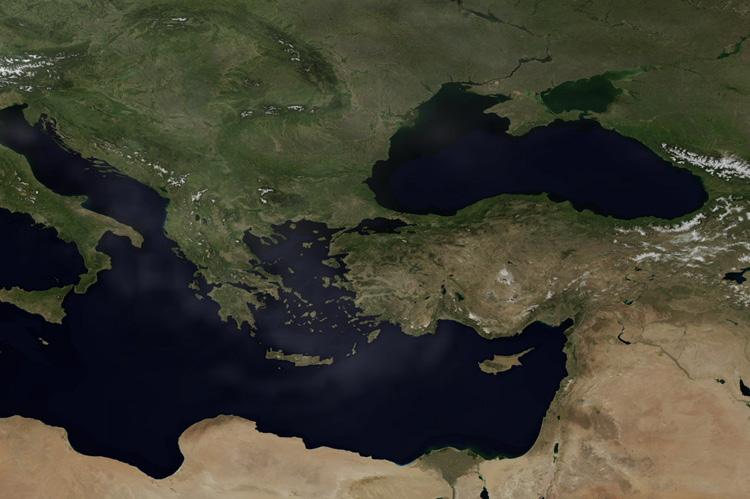EastMed Gas Pipeline Project Timeline Uncertain as Stakeholders Review Feasibility

The timeline for a proposed pipeline connecting Eastern Mediterranean gas reserves to Greece via Cyprus and Crete remains uncertain as stakeholders re-evaluate its economic viability, officials from Cyprus and the East Mediterranean Gas Forum (EMGF) told Reuters on Friday, April 26, according to a news report by Natural Gas World.
"There is no concrete timeline right now," said George Papanastasiou, Cyprus' energy minister, when asked about a Final Investment Decision (FID) on the EastMed project.
The 2,000-kilometer subsea pipeline project estimated to cost over 6 billion euros ($6.42 billion), was originally expected to receive FID last year. But the decision was delayed due to the Middle East conflict and concerns over its long-term viability amidst the global shift away from fossil fuels.
Stakeholders are now exploring alternatives given the high costs and the limited gas reserves currently identified in the region with smaller pipelines connecting Cyprus to Egypt or Israel being considered due to their potential better returns before the oil and gas phase-out, Papanastasiou said.
Technical challenges and the difficult geographical terrain further increase the capital intensity of the EastMed pipeline, according to EMGF Secretary-General Osama Mobarez.
"That's why some stakeholders are exploring different options for monetizing the gas resources," Mobarez said, adding the development of the pipeline will depend on finding more gas in the region in significant volumes that can justify the investments needed."
For the short and medium term, existing LNG infrastructure in Egypt could be a viable option for exporting Eastern Mediterranean gas, Mobarez added.

